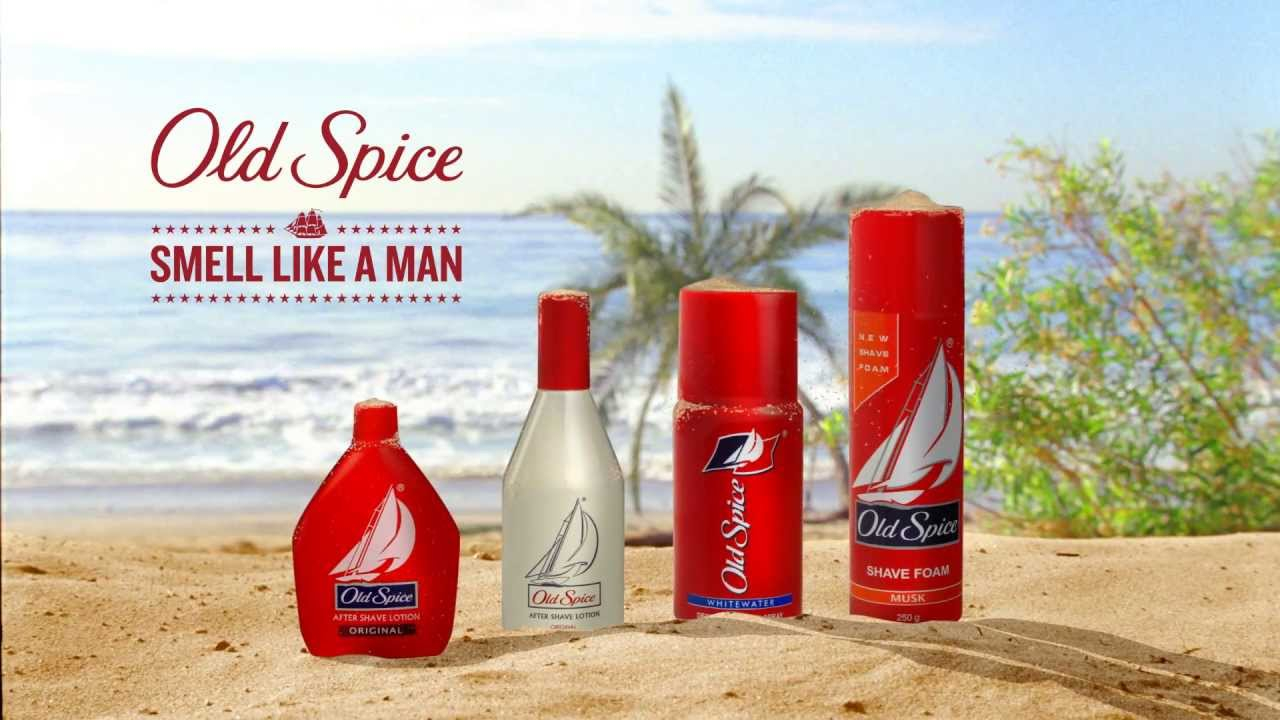What do Old Spice, Vespa, Gucci, Lego, Mountain Dew, Dettol, and others have in common? Even the most well-known brands encounter challenges. Sales drop, competition gets fierce, and what once worked… doesn't anymore. But some of the most iconic companies turned things around - not by changing their product, but by redefining who they were selling to. Here's how they did it.
✅Old Spice: From Grandpas to Gen Z Old Spice was an old-fashioned aftershave brand - something your grandfather used. Sales were declining as younger consumers ignored it. ▪The Pivot: The brand reinvented itself with humour, launching viral ad campaigns (The Man Your Man Could Smell Like) and modern fragrances. They shifted focus from older men to young, trendy males. ▪The Result: Old Spice became a cultural phenomenon, with skyrocketing sales and a complete brand turnaround.
✅Vespa: From Post-War Transport to Style Statement Vespa scooters were originally launched after WWII as a cheap, practical transportation option in Europe. However, mass-market motorcycles took over over time, and Vespa needed a new edge. ▪The Pivot: Vespa repositioned itself as a premium lifestyle brand, appealing to fashion-conscious urban riders. The scooters became symbols of Italian elegance and coolness, endorsed by celebrities. ▪The Result: Vespa is now a luxury scooter brand, commanding higher prices and a loyal, stylish audience.
✅Mountain Dew: From Forgotten Soda to Gamer Fuel In the 1940s, Mountain Dew was launched as a regional soft drink. It did okay but never really took off. By the late 20th century, sales were stagnating. Instead of changing the drink, PepsiCo changed the customer. ▪The Pivot: Mountain Dew rebranded as the drink of choice for gamers and extreme sports enthusiasts. They leaned into high-energy marketing, action-packed commercials, and tie-ins with video games. ▪The Result: The strategy worked. Mountain Dew became a cultural icon in gaming circles and is a $7 billion brand today.
✅Dettol (India): From Hospitals to Homes Dettol was initially considered a hospital-grade antiseptic - a strong disinfectant for medical use. However, this limited its market potential. ▪The Pivot: The brand shifted its messaging towards home hygiene, marketing Dettol as a household necessity for families. It introduced handwashes, soaps, and surface cleaners. ▪The Result: Dettol became a trusted household brand, seeing massive growth - especially post-pandemic.
TO READ MORE, VISIT https://onlykutts.com/index.php/2025/03/12/when-growth-stalls-change-your-customer-not-your-product/









